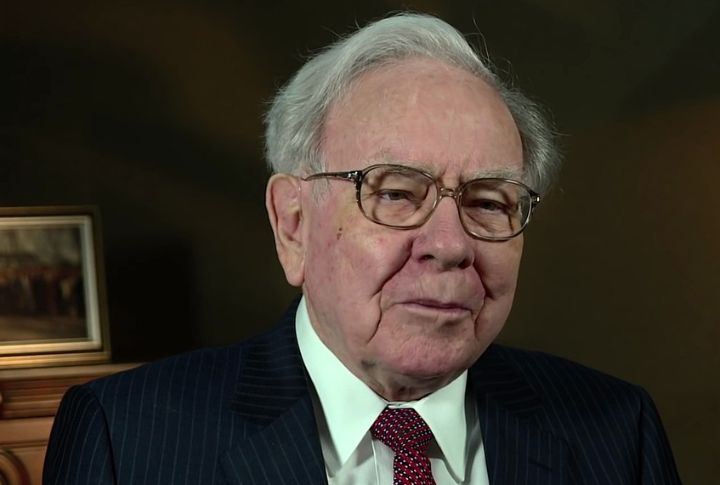
One name stands out in conversations surrounding investments. And that name is Warren Buffett’s. Turns out, the same guy who built a fortune also has thoughts on what to do with it when you’re not around anymore.
His approach to estate planning is beyond numbers—it’s more about meaning. It’s less paperwork, more people. And if you’re in that stage of life where legacy starts to matter, this might hit home.
Buffett Believes In Giving Kids Enough—But Not Too Much
According to Warren Buffett, his plan has long been to give his children “enough money so that they would feel they could do anything, but not so much that they could do nothing” (Fortune, 1986). This philosophy still guides his estate decisions nearly four decades later.
It’s a sharp contrast to the “leave everything to the kids” mindset. Buffett doesn’t believe in overloading children with wealth. Instead, he encourages giving them opportunities. For middle-class families, this can mean gifting resources that inspire independence, like education funds or seed money for a business, instead of lump sums with no purpose.
And that brings us to how he practices what he preaches.
The Bulk Of His Fortune Is Going To Philanthropy
Buffett pledged in 2006 to gradually donate 99% of his wealth to charitable causes—primarily through the Bill & Melinda Gates Foundation and his own Buffett Foundation (BBC News, 2010). As of 2023, he’s already given away over $50 billion (CNBC, 2023).
He’s shown that legacy isn’t measured by what’s handed down, it’s shaped by what’s passed forward. For families thinking about estate planning, this is a reminder that charity can be part of the conversation.
Whether through small recurring donations or a planned gift in a will, generosity doesn’t require billions to have an impact.
Buffett Keeps Estate Conversations Direct And Simple
In interviews, Buffett has repeatedly said he’s had open discussions with his children about what they will and won’t inherit (Investopedia, 2025). He doesn’t leave things to mystery or assumption. This step is often skipped, but it’s critical.
Clear communication regarding your estate plan can prevent confusion, resentment, and even legal disputes down the road. Being upfront adds context. And as Buffett’s approach shows, families appreciate clarity more than surprise when it comes to inheritance.
Still, there’s one more piece that often gets overlooked.
Buffett Says Having A Will Is Non-Negotiable
The business tycoon’s most direct advice to middle-class Americans is to create a will. No matter your net worth, not having one is “irresponsible,” he suggests. Without a will, decisions about your assets are left in the hands of probate courts.
This advice hits home. A 2024 Caring.com study revealed only 32% of Americans have a will—despite 64% agreeing it’s important. The process doesn’t have to be complicated or expensive. And creating one means you care about how your life’s work is handled.
That kind of preparation isn’t about control. It’s about care.
He’s Already Set The Stage—Even While He’s Alive
Another exciting thing is that Buffet attests that he isn’t waiting for the future to sort things out. According to Philanthropy News Digest, much of his charitable giving and estate framework was already implemented while he was still actively managing Berkshire Hathaway (PND, 2022).
Planning means fewer surprises and smoother transitions. Taking action now, instead of “someday,” is a powerful takeaway. Buffett shows it’s possible to live fully and plan wisely at the same time. Estate planning is a safety net and a roadmap.
Plan For Purpose, Not Just Payouts
Warren Buffett’s approach to estate planning is practical and built on values like independence, clarity, and generosity. Whether you’ve got a little or a lot, the message is the same: plan with intention, talk with your family, and write it down.
The good news? You don’t need billions to follow that advice: just a plan—and a pen.
